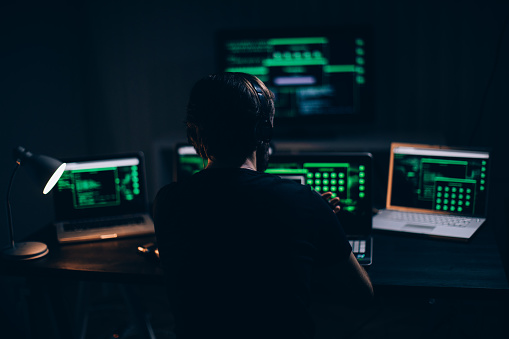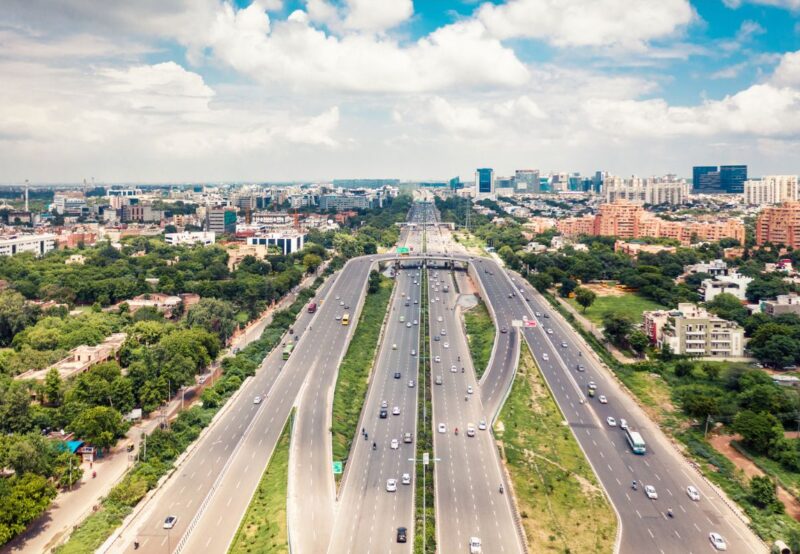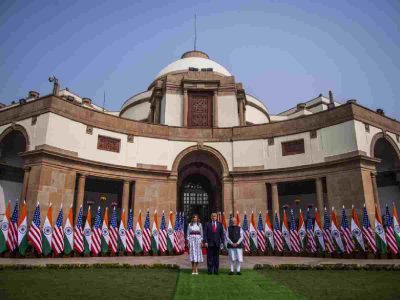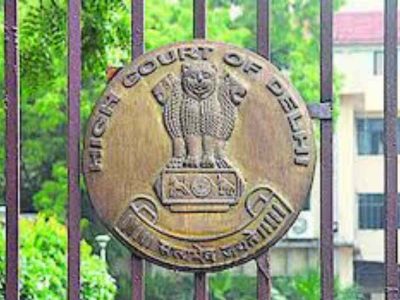With no regulations on the use of crypto currencies in India, they are fast becoming the preferred payment method for procurement of drugs on the darknet
Sumit (25) * name changed, likes to smoke weed every now and then. Alcohol, nor its hangovers are something he takes delight in, and weed seems the perfect answer to a dislike for constant sobriety. He also happens to live in Delhi where weed can taste like garbage, with an adage around that the ones you get here are grown near the sewers.
So, Sumit was told by a couple of friends about how their dealers were securing weed through someone who got it through the darknet. This weed was from California, they said, some OG kush they said. Sumit though did not want to shell out that much 3,500 – 4,500 for 2 grams he says, while the north Indian marijuana can be bought for Rs 1000 for 22 grams.
The introduction of weed from North America was certainly news to him. But a recent arrest by the Delhi Police of three men – Karan Sajnani (24), and Sanjeev Midha (39) residents of Paschim Vihar and Priyansh (22), a resident of Vikaspuri – for allegedly procuring marijuana from Canada, through darknet put spotlight on a business which has been growing for some time now.
The drugs seized were worth around Rs 35 lakh and the payment to procure them was made in Bitcoin. A total of 1,873 grams of finest quality Canadian marijuana was seized from their possession, Joint Commissioner of Police (Crime) Alok Kumar said.
But this wasn’t the first time. During interrogation, it was found that Sajnani and Priyansh are friends and their common friend, Pankaj Davar, was engaged in procuring marijuana from the US by courier and then selling it in Delhi.
Around four months ago, Sajnani and Davar procured a consignment of around 1.5 kg, which was sold by Davar. A month later, another consignment was procured, but this time, Davar did not share the profit equally due to which Sajnani decided to work without him, police said.
Two months ago, Sajnani and Priyansh, procured a consignment of about one kg marijuana and sold it in Paschim Vihar. A week ago, they ordered the seized consignment. Priyansh paid for the consignment using his own bitcoin wallet, and the drug parcels were routed through an international courier service.
Drugs and cryptocurrencies
This wasn’t the first time that the Delhi Police had caught drug traffickers who procured their substances through the dark web. In June, this year a drug racket operated through the dark web and online pharmacies was busted with raids in Delhi NCR, Uttar Pradesh, Uttarakhand and Himachal Pradesh.
Here, a massive quantity and variety of drugs was found: 22 lakhs psychotropic tablets, 70,000 Codeine Based Cough Syrups (CBCS) and 245 Kg of psychotropic drugs. Another case from 2019 where the police recovered 11.67kg of marijuana, 50 grams of cannabis wax, amongst other substances bought through the dark web from the US and other countries. Then as far back as 2017, where around 62 grams of ecstasy (MDMA) was found.
The NCRB data records no crime under cyber crimes as “Sale Purchase illegal drugs”, in Delhi. It, however, records 13 from Jharkhand, 4 from Uttarakhand and 2 each from Karnataka and Gujarat. The data from 2020 does however show that in Delhi there were 290 incidences of “Possession of drugs for Trafficking” in fact, incidences reported by the NCRB of “Possession of drugs for Personal use/Consumption” were much more, at 458.
Minister of Home Affairs in a response to a question in the Lok Sabha on drugs said that the Narcotics Control Bureau in 2019 had registered 712 cases in Delhi. This of course takes into account all drug busts, and not just those which had happened through the dark web and using cryptocurrencies.
But it’s not just Delhi, there have also been quite a few drug busts in the southern city of Bengaluru, where LSD, MDMA and other contrabands have been found to be dealt via the dark web. Last year city police commissioner Kamal Pant had said, after eight places were raided and 10 arrested, that the accused had been using the Tor browser. “They accessed various websites like Empire Market, Silk route, Drug Board and other banned websites and imported various kinds of drugs including sedatives by paying Bitcoin. They paid for the drug through Bitcoins,” he said.
The United Nations Office on Drugs and Crime (UNODC) in their report says that “Darknet cybercrime is on the rise in Southeast Asia” that the most widely traded category of products on the Tor darknet are drugs. The Tor network is the largest darknet and contains most sites. In mid-2020, there were approximately 200,000 onion services worldwide (servers inside the Tor darknet).
The UNODC World Drug Report 2019 estimates that people who purchased drugs over the Darkweb doubled from 4.7% in January 2014 to 10.7% in January 2019. And Cryptocurrencies are the payment method they rely on, as it to a large degree promises and can give its users anonymity.
Bitcoin, is one of the many cryptocurrencies which the UNODC says are the leading payment method on darknets. Introduced in 2009, it was quickly adopted as a payment method in dark markets. Most notably, it says “in 2011, the Silk Road market, an onion website providing a platform for buying and selling illegal products (mostly drugs), began to operate inside the Tor network using Bitcoin as its primary payment method (although today the use of privacy coins, such as Monero and Ethereum is increasing). Silk Road was the first time these technologies were combined to enable an online market for illegal products to grow significantly. These marketplaces have not invented new technologies but rather combined various innovations that drive new benefits for both sellers and buyers.”
Ambiguity around regulations on virtual currency
In India there is still a lot of ambiguity around the legitimacy of cryptocurrency. In answers to question posed in the Lok Sabha in March this year, regarding any “ban” on cryptocurrencies, the minister of finance Anurag Thakur, said that while the Reserve Bank of India (RBI), in a circular on April 6, 2018, had advised all the entities regulated by it not to deal in “Virtual Currencies” the Supreme Court, on March 4, 2020 had set aside the circular.

He further went on to quote the Union Budget Speech for 2018-19 where it said that “The Government does not consider crypto-currencies legal tender or coin and will take all measures to eliminate use of these crypto-assets in financing illegitimate activities or as part of the payment system.” But he further went on to state that “the government will explore use of block chain technology proactively for ushering in the digital economy.” Adding, that a High Level Inter-Ministerial Committee (IMC) to study the issues related to cryptocurrencies and propose specific actions to be taken in this matter recommended in its report that all private cryptocurrencies, except any cryptocurrencies issued by the State, be prohibited in India.
And then came another statement, adding to the soup of ambiguity, that the Government would take a decision on the recommendations of the IMC and the legislative proposal, if any, would be introduced in the Parliament following due process. Recent reports suggest that a cryptocurrency bill is likely to be tabled in the parliament in the upcoming winter session.
Basically, there is no clear answer to cryptocurrencies legality as of now, and as it happens, India is leading in the number of users of cryptocurrency. According to Broker Chooser, India is in the 5th place of countries with the highest rate of crypto owners with 7.30% of its population (as a percentage of the total population), reportedly owning cryptocurrency. The country which leads the list in accordance with the total population is Ukraine, followed by Russia, Kenya, and then the United States.
India in fact, has the highest number of crypto owners at over 10 crore (100,740,320).
(Cover: Getty images)





